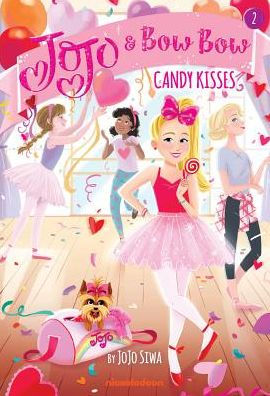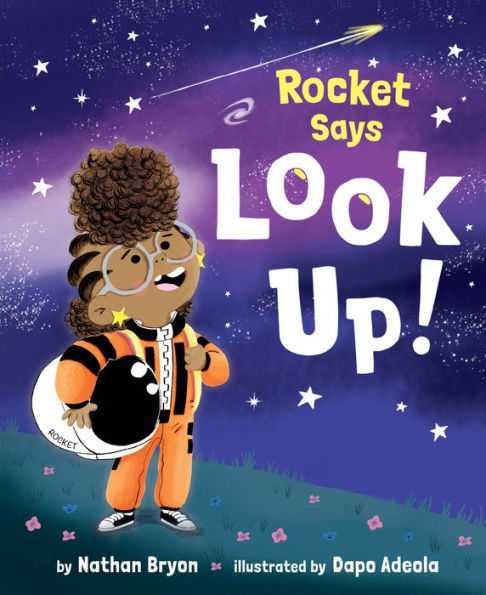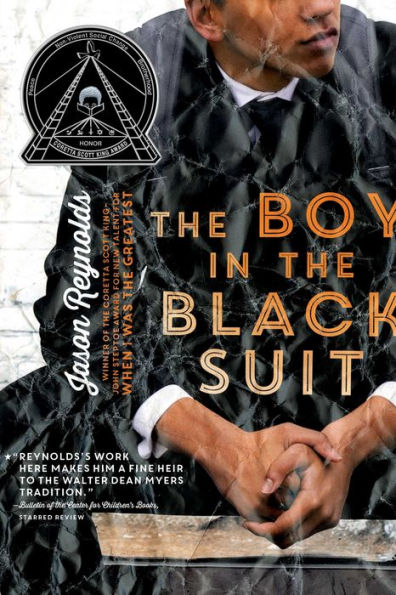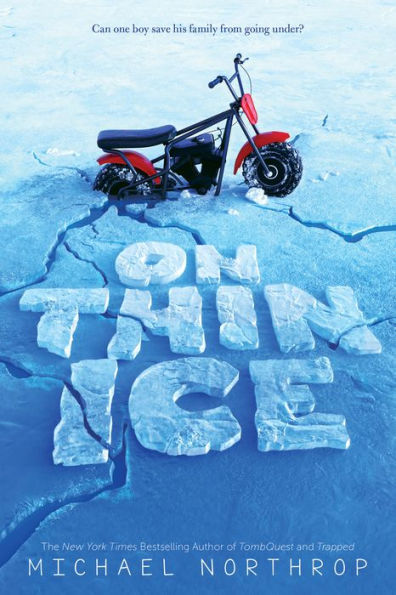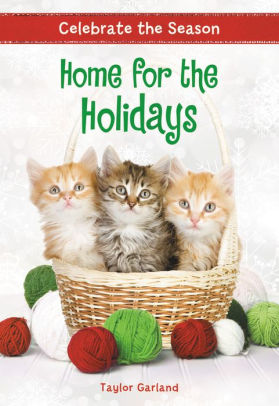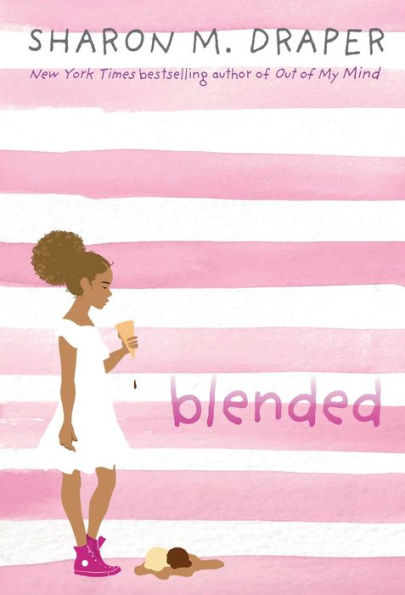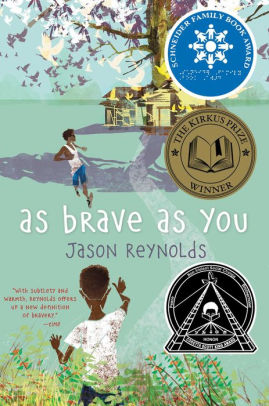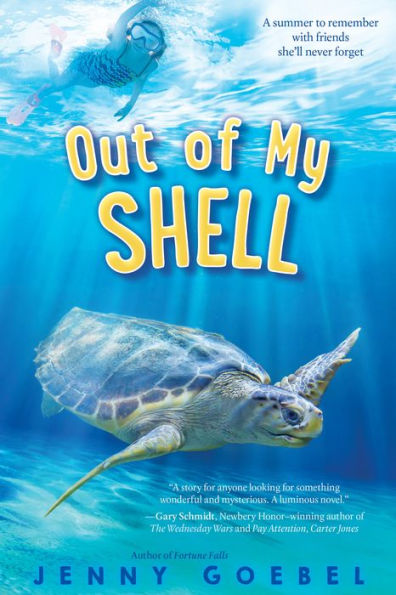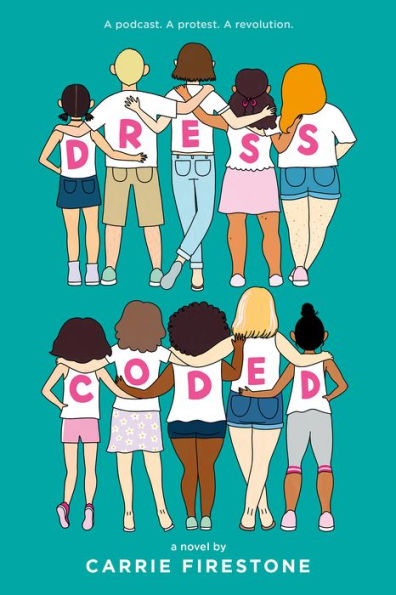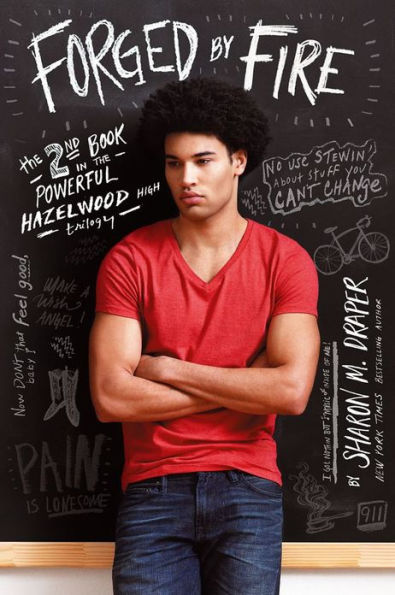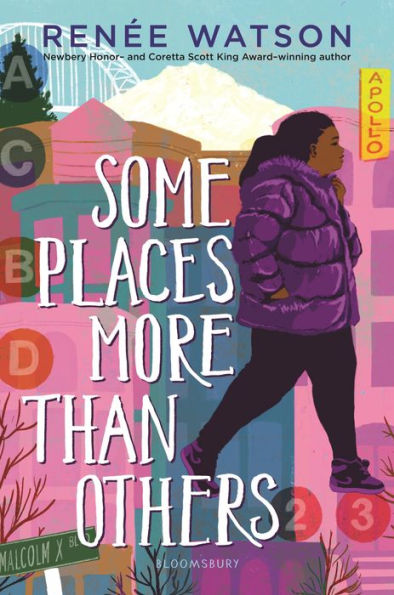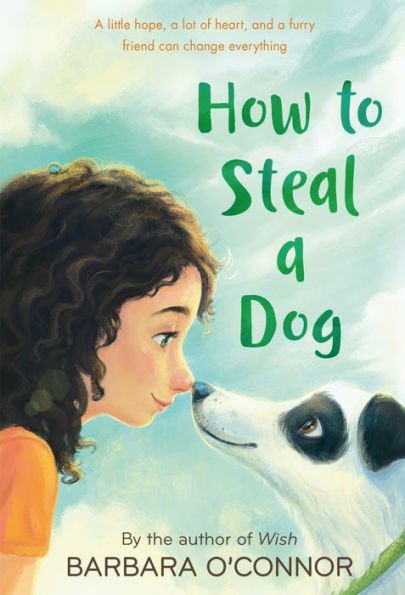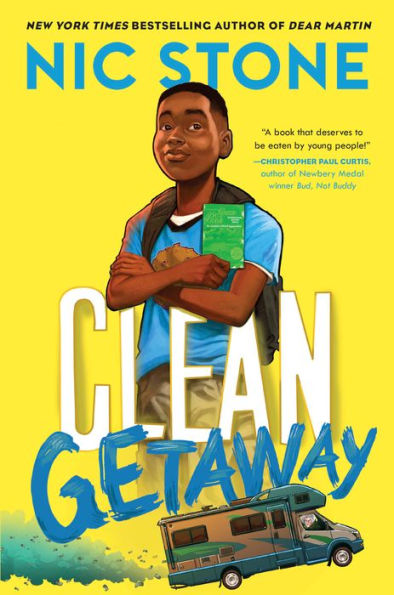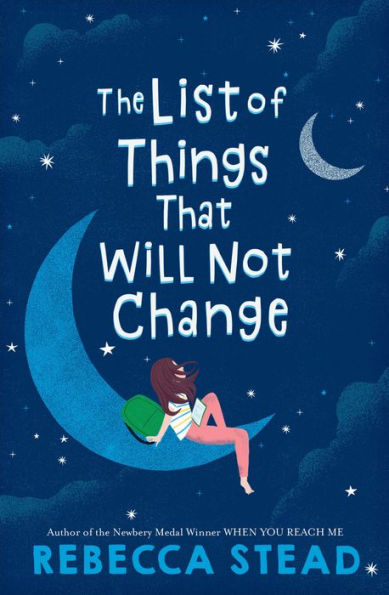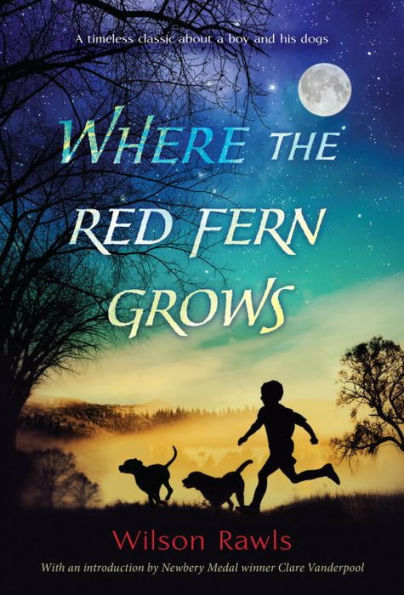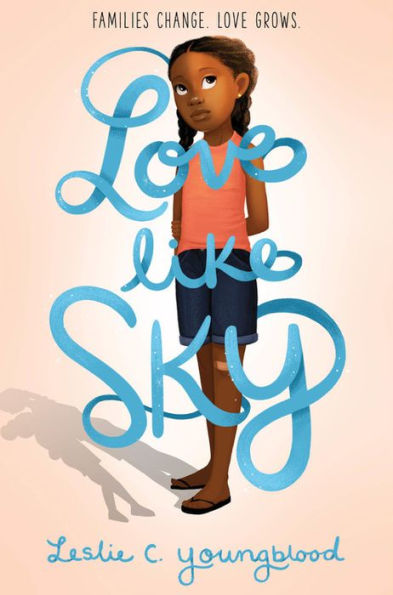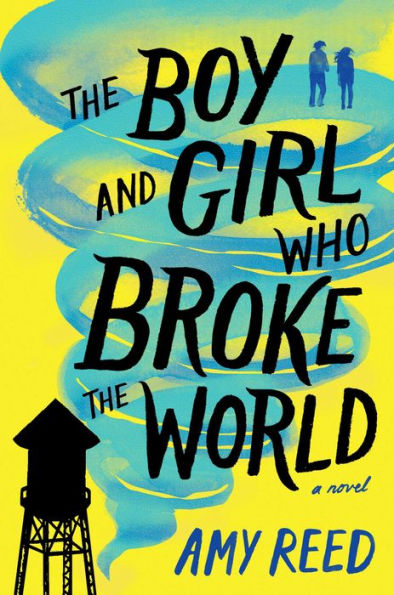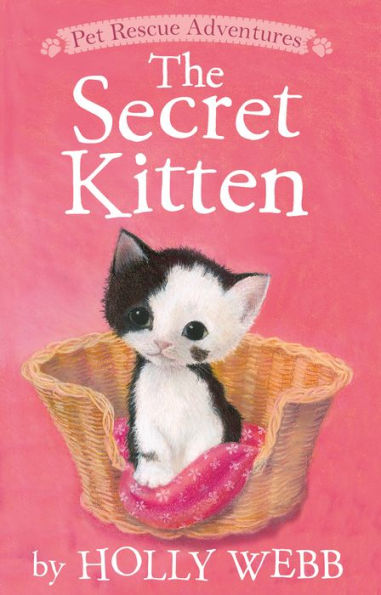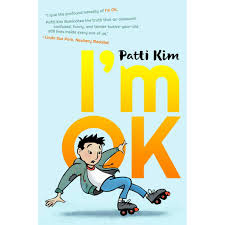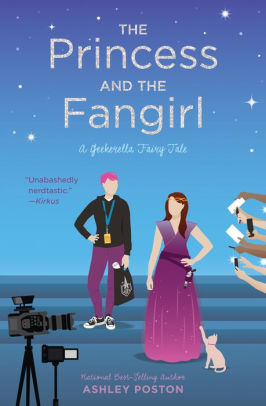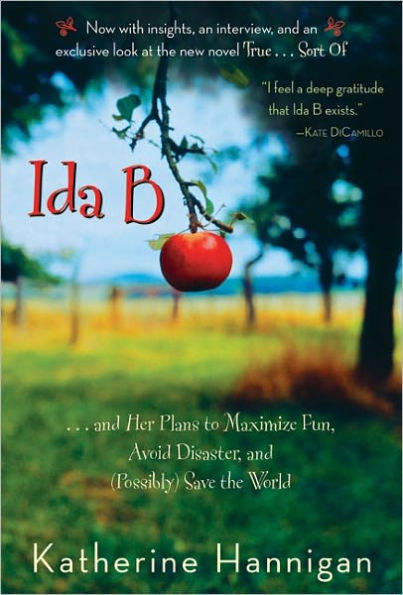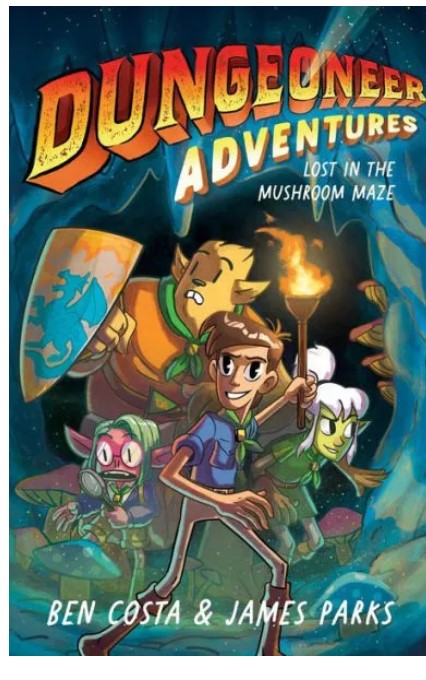Gerald’s mother, Monique, has always been unstable. When his mom goes to jail, Gerald goes to live with his Aunt Queen, who gives him a stable, loving home. After six years, Gerald’s mom returns. Gerald has no desire to spend time with Monique. When Aunt Queen dies, Gerald’s life dramatically changes.
Monique and her husband, Jordan, bring Gerald into a home filled with anger and abuse. Jordan, a brutal man, doesn’t hesitate to use his fists. The only bright spot in Gerald’s new home is his stepsister, Angel. Living in a home of misery and despair, Gerald tries his best to protect Angel. When Gerald learns that Jordan is sexually abusing Angel, he finally reaches out for help.
When Jordan is behind bars, Gerald hopes their lives will get better, but his substance-addicted mother rarely pays attention to her two kids. Drug, violence, and uncertainty surround Gerald and Angel. When Jordan gets out of jail, he says he has changed and Monique welcomes him back home. Gerald doesn’t trust Jordan, but is he strong enough to face Jordan’s anger and protect Angel?
Forged by Fire vividly paints a picture of the devastation caused by addiction and abuse. As a three-year-old, Gerald was already consumed with the fear and pain of living with a neglectful, abusive mother. After a fire that almost killed Gerald, his mother spends six years in jail. When Gerald is thrust back into an abusive home, his apathetic mother refuses to acknowledge the physical, sexual, and mental abuse that is a daily part of Gerald’s and Angel’s lives.
Gerald is an admirable character, who tries to keep his stepsister safe. Despite his best efforts, Gerald cannot always shield his sister from abuse. To make matters worse, both Gerald’s friends and the adults in his life fail him because they casually accept the abuse and provide little support. Instead, they act as if the abuse is just something that Gerald needs to deal with.
Forged by Fire vividly describes Gerald’s abuse, which allows the reader to feel Gerald’s despair. In a world surrounded by violence, the brutal details of Gerald’s life come into focus. Since the story accurately portrays an abusive home, some readers may be disturbed by the images of abuse. Even though the story is engaging, the conclusion hints that Gerald’s life will always be full of turmoil.
Gerald’s story will stay with readers for a long time. Even though readers will admire Gerald’s perseverance, the story ends with a hopeless tone. Readers are left wondering if any adult will step in and help Gerald and his sister. Without assistance, Gerald’s future will be grim.
Forged by Fire is the second installment in the Hazelwood High Trilogy; however, the story can be read as a stand-alone. The events from Tears of a Tiger are mentioned, but they do not have the same emotional impact as they did in the first book of the series. While the story will spark conversations, both Tears of a Tiger and Forged by Fire don’t offer solutions. While both stories are engaging, they describe situations in detail that will make readers uncomfortable. In the end, the Hazelwood High Trilogy is an engaging, easy-to-read series that tackles difficult topics that are relevant to teenagers.
Sexual Content
- Gerald’s mother was abusive, and “Mama got really mad when you woke her up, especially if she had somebody in bed with her.”
- Angel’s father sexually abused her. “Terrified, she could only weep silently as he touched her, rubbing his hands over her arms, her back, her legs. He had done this many times before, ever since she was a baby… Jordan whispered in her ear, his breath hot and foul, ‘You remember our secret game, Angel… Touching is good. Telling is bad. If you tell, your mama will put you out in the snow all alone, and you will die. Now, let’s play.’”
- When Angel gets chickenpox, Jordan stays home. “Angel tearfully removed her T-shirt while Jordan watched… He touched her back and she tensed at the roughness of his fingers. Angel wept silently while he explored her body for chickenpox spots. He took his time. He found all of them.” In order to keep Angel quiet, Jordan says, “Oh, by the way, if you’re lookin’ for the stinkin’ cat, it’s in the oven. Don’t worry, I didn’t turn it on. But if you say one word to anyone—I swear I’ll kill that cat and cook it!”
- One of the boys on the basketball team jokes that college scouts are “knockin’ on my door, beggin’ me to drive six new Cadillacs to their school, to instruct the women in the dorms on the finer points of, shall we say, scorin’…”
- When a girl calls Gerald looking for her boyfriend, Gerald says, “I bet he’s in the backseat of his car, kissin’ all over some real sexy woman!”
- Jordan comes home drunk and finds Angel home alone. When Jordan grabs her, “Angel, eyes wide with fear, yanked free of his grip and ran screaming toward the door… He grabbed her again, both arms this time, and dragged her, kicking and screaming, toward her bedroom door.” The story implies that Jordan rapes Angel.
Violence
- When Gerald was three, his mother caught him playing with a lighter. Mama “made the fire come out and she held his hand over the flame…” The flame “made his hand scream and made him dizzy with pain, and he could smell something like the meat Mama cooked, but it was his hand.”
- Gerald’s mother “yells and gets her belt or her shoe and hits, and hits, and hits…” During his mother’s bad days, “she would slap him and he’d cry and he’d cuss at her and then she would slap him until his head hurt.”
- Monique’s husband was “mean, and Monique was truly afraid of him. He would hit her whenever she made him angry, which was often… When he was drunk, it was worse.”
- Angel tries to avoid Jordan. Angel “took a deep breath, lowered her head, and curried past him. But she wasn’t quick enough. His fist, like a hammer, connected with her back as she ran. She groaned in pain, but dared not stop.” Gerald tries to help. He “leaped into the room, jumped between Angel and Jordan, and the blow came down on him instead. Gerald was tough and strong, but the force of that punch almost made him lose his breath.”
- When Gerald accidently walks in on Jordan molesting Angel, Jordan “slapped Gerald full in the face.” Gerald is too afraid to do anything.
- Gerald tries to avoid Jordan, but “Jordan was mean—he smacked Gerald on the back of his head if he got a C on his report card, he punched him on his arm if he spilled milk, and he whacked his legs for not bringing him a beer fast enough.”
- Gerald’s mother is hit by a taxi. The driver says, “She ran right in front of me! I didn’t see her!” Monique is injured.
- Jordan gets angry at Monique, and “he raised his arm above his head and slapped Monique with the back of his hand so hard that she fell onto the bed. Pain and confusion filled her face… Gerald was coming back from his job. His fist hit Gerald full in the face. Blood spurted from Gerald’s nose and lip as he staggered to the floor.”
- Gerald comes home to find the house on fire. “Angel lay on her bed, barely conscious. Jordan was walking slowly toward the foot of her bed…” Jordan and Gerald get in a fight. “With the steel toe of his cowboy boots, Jordan kicked Gerald squarely on the shin. Gerald screamed in pain. He heard the bone crack. He fell once again.” Jordan leaves the two kids to die in the fire.
Drugs and Alcohol
- Gerald learned to avoid his mother when “she sniffed the white stuff.”
- Gerald’s step-dad Jordan gets drunk often.
- When Jordan goes to jail, Monique “had not returned to the drugs, but she had developed a taste for whiskey and was finding more and more excuses to go out and drink with her friends.”
- After Monique’s accident, the doctor prescribes pain pills. “She keeps insisting that her head hurt…but that’s only when she runs out of her pain pills. Jordan kept her supplied with refills of her prescription, and when the doctor wouldn’t give her anymore, he bought these weird-lookin’ shiny red pills…”
- After a while, Monique “used beer now, instead of water, to wash down the pills that Jordan bought her.”
- Several of Gerald’s friends go out drinking after a game. They are in a fiery car crash, and one of the boys dies.
Language
- When Angel tells her mother about Jordan’s abuse, Monique calls her a “filthy liar.”
- Jordan calls Monique a “witless idiot!”
Supernatural
Spiritual Content
- When Gerald almost died in a fire, his aunt says, “Well, Praise the Lord, he didn’t.”
- When Gerald’s aunt tucked him into bed, she “prayed for strength.”
- Before breakfast, Gerald’s aunt prays, “Dear Lord, be with this family. We’re gonna need you. Bless this food, and please be with Gerald on this special day. Amen.”
